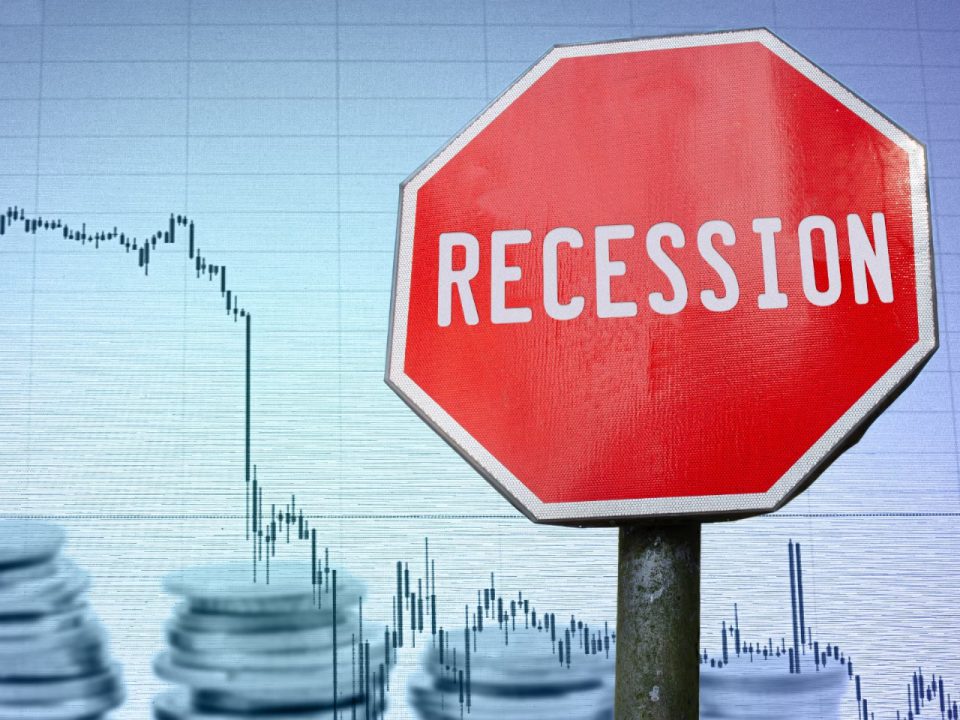In a surprising turn of events, the UK’s economic growth has taken a hit, with the Office for National Statistics (ONS) revising the GDP figures downward. Contrary to initial estimates of stagnation, the economy actually contracted by 0.1% in the three months from July to September, leaving economists disappointed who had anticipated a 0.2% growth.
A key indicator of economic health, GDP growth is crucial for assessing a country’s overall well-being. According to the conventional definition, a nation enters a recession after two consecutive quarters of economic contraction, raising concerns about the UK’s economic trajectory.
The ONS also made revisions to the second quarter of the year, revealing that the economy did not grow by the previously reported 0.2%. The adjustments were attributed to data from regular monthly business surveys and VAT returns, which indicated reduced spending. Smaller businesses, especially in the hospitality and information technology sectors, were cited as underperforming and influencing the downward adjustments.
The latest quarter saw declines in film production, engineering and design, and telecommunications, with the services sector experiencing a notable 0.2% fall. This offset a 0.4% expansion in construction output and a 0.1% boost in the production sector. The downturn in consumer-facing services marked the most significant since the September 2021 COVID lockdown.
Commenting on the figures, Chancellor Jeremy Hunt acknowledged the challenges but remained optimistic about the medium-term outlook for the UK economy. He pointed to the recent decline in inflation and highlighted measures in the Autumn Statement, including the largest business tax cut in modern British history and tax cuts for millions of workers, as contributors to potential future growth.
The Chancellor’s optimism is in contrast to the concerns raised by economists, who are closely watching for the final data on the fourth quarter of 2023. If this data, covering the period from October to December, reveals another contraction, the UK will officially be in recession.
Despite economic uncertainties, there was a silver lining in the retail sector, as data published on the same day recorded a significant 1.3% increase in retail sales volumes for November, surpassing expectations. This positive outcome is crucial, considering that household consumption is the largest expenditure in the UK economy.
As the nation waits for the final figures and the potential economic fallout, policymakers will need to carefully navigate the challenges to ensure a robust recovery and address the concerns raised by the unexpected downturn in key sectors.

